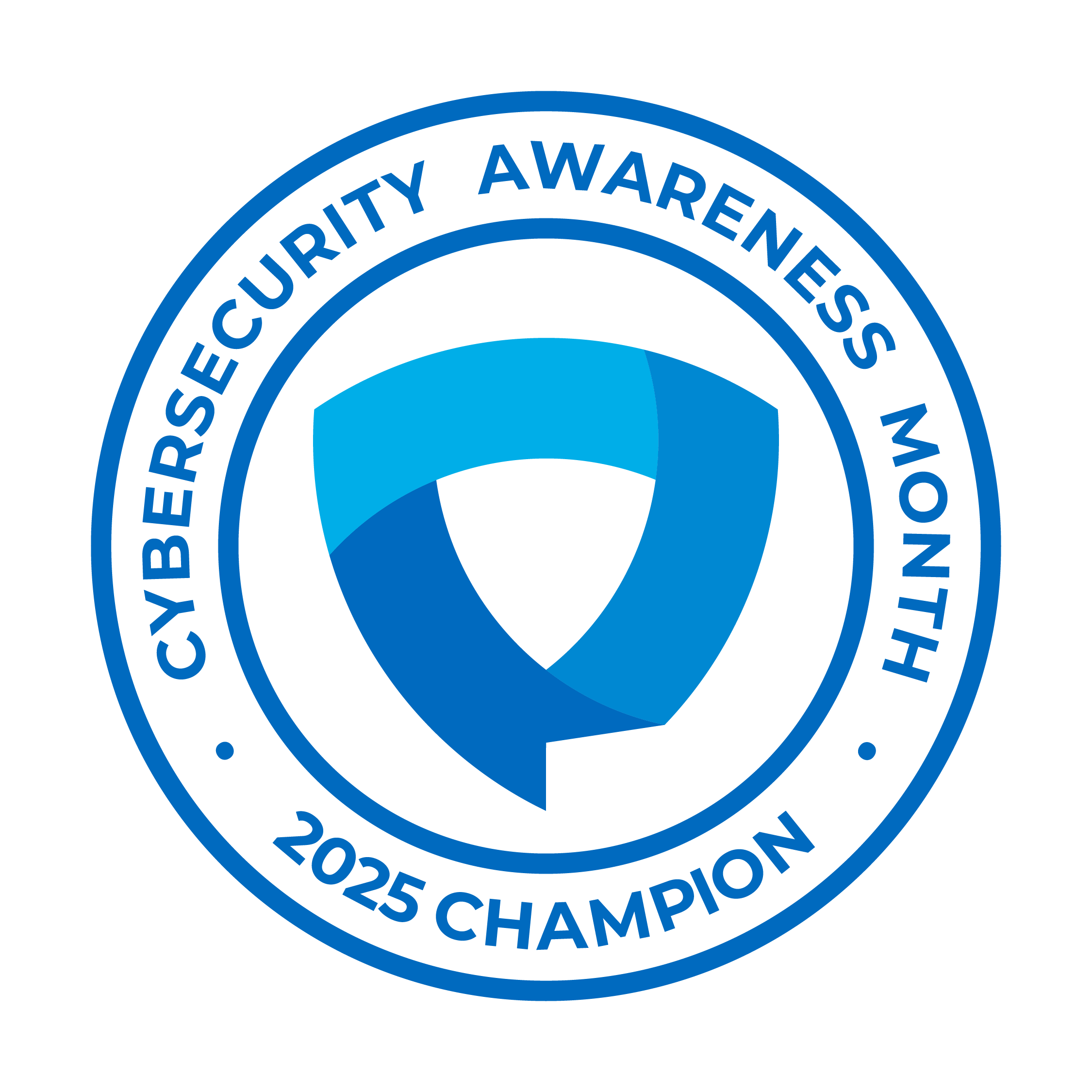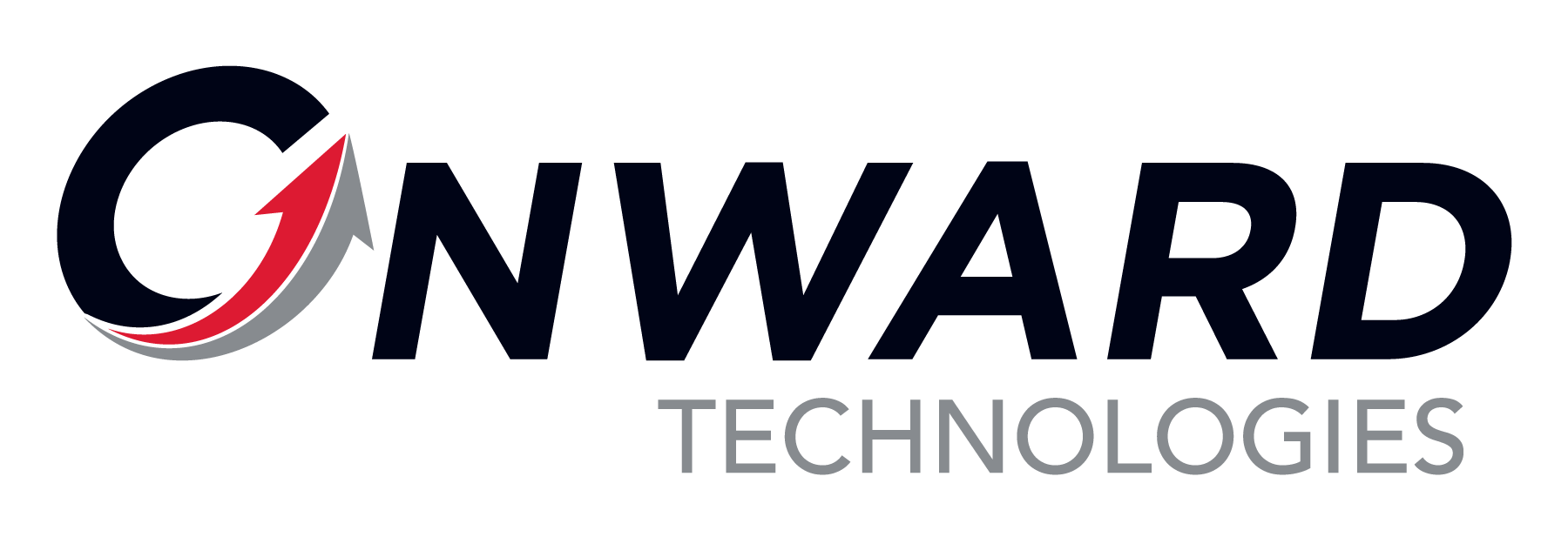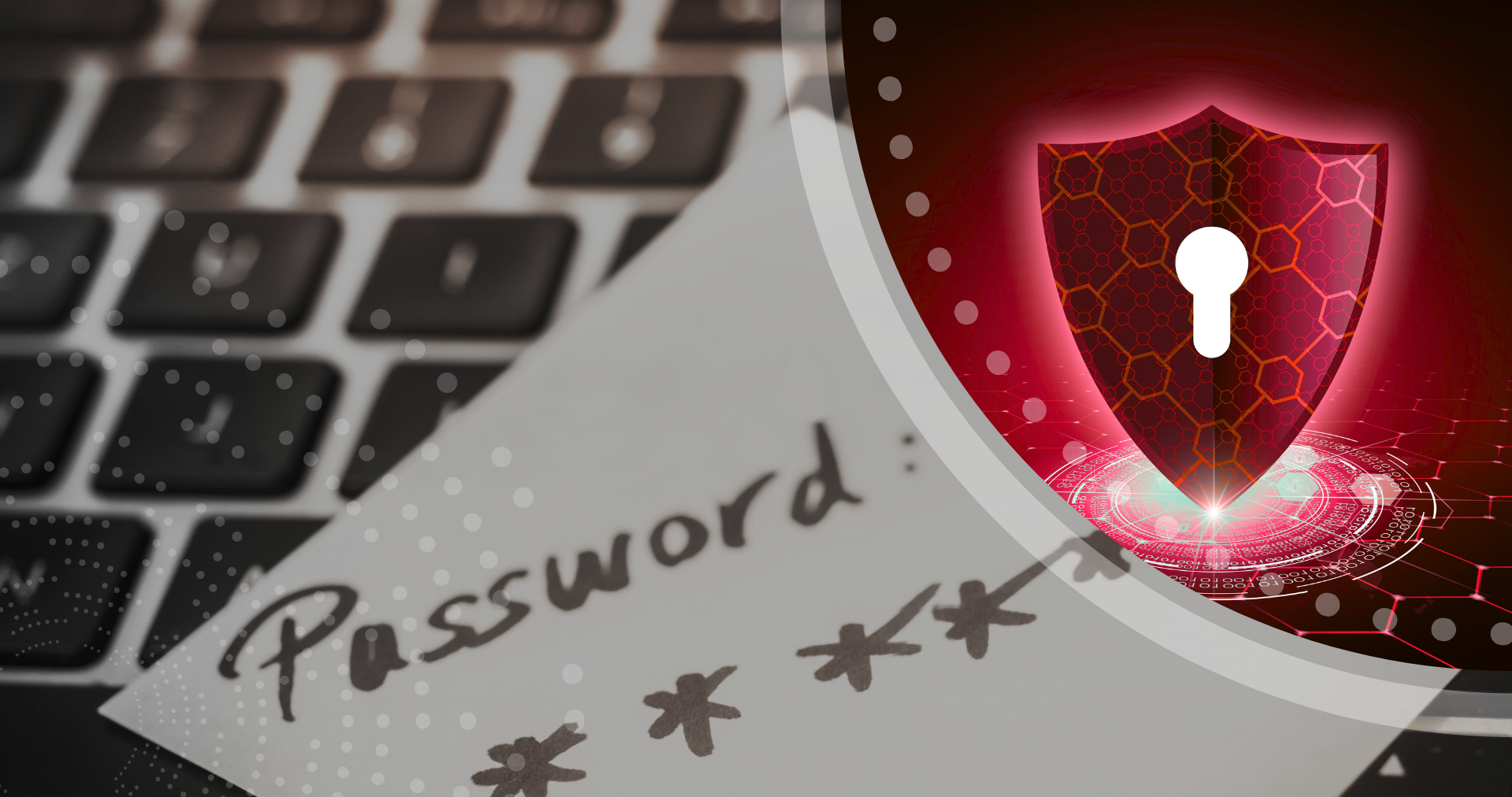Why Strong Passwords Matter
Weak or reused passwords remain one of the leading causes of data breaches.
According to Verizon’s 2024 Data Breach Investigations Report, over 80% of breaches involve weak, stolen, or reused credentials.
Even worse, cybercriminals now use AI-powered cracking tools capable of guessing billions of passwords per second. That’s why experts recommend every password be at least 16 characters long.
Research from HSYS in 2025 shows it would take over 26 million years to brute-force a 16-character password made up of only lowercase letters: compared to less than a second for an 8-character one.
Recipe for a Strong Password:
- At least 16 characters
- A random mix of letters, numbers, and symbols
- Unique for every account
Of course, remembering dozens of long, complex passwords isn’t realistic for most people. That’s where password managers come in.
Password Manager Mythbusters
Let’s clear up some common myths about password managers so you can use one with confidence.
Myth #1: If a password manager gets hacked, all your passwords are compromised.
Reality: Trusted password managers use zero-knowledge architecture, meaning even the company itself can’t access your data. When combined with multi-factor authentication (MFA), password vaults are one of the most secure tools you can use.
Fact: Even when a major password manager was breached in 2023, no master passwords or vault contents were exposed because of strong encryption.
Myth #2: My spreadsheet, notes app, or notebook is safer.
Reality: Manual methods are far riskier. Nearly 30% of users admit they store passwords in unsecured documents or physical notes. Password managers use AES-256 encryption: the same standard used by banks and governments to keep your credentials safe.
Myth #3: Password managers are expensive and hard to use.
Reality: Many password managers offer free versions with strong security features. Once installed as a browser extension or app, they can automatically generate and fill in passwords – making it easy to create strong, unique passwords while saving time.
Myth #4: My workplace won’t let me use one.
Reality: Many organizations now require password managers as part of their cybersecurity strategy. If yours doesn’t, use one personally – it’s one of the best ways to reduce your individual risk online.
Getting Started
You don’t have to migrate everything overnight.
Start small: install a trusted password manager, then add a few accounts at a time. The software will flag weak or reused passwords and help you replace them with stronger ones.
Our recommended password manager settings:
- MFA: Enabled
- Minimum password length: 16 characters
- Recovery codes: Saved securely (offline or in a safe)
The Bottom Line
Strong passwords are your first line of defense and password managers make it simple to stay secure.
With billions of credentials already leaked on the dark web, managing passwords safely isn’t just smart… it’s essential.
Take five minutes today to install a password manager and update your most important accounts. Your future self (and your data) will thank you.

National Cybersecurity Awareness Month
Onward Technologies is proud to be a National Cybersecurity Awareness Month Champion!
This October, we’re joining organizations nationwide to promote cybersecurity awareness, share best practices, and help businesses and individuals stay safe online. Cybersecurity is everyone’s responsibility — let’s work together to build a safer digital world.




